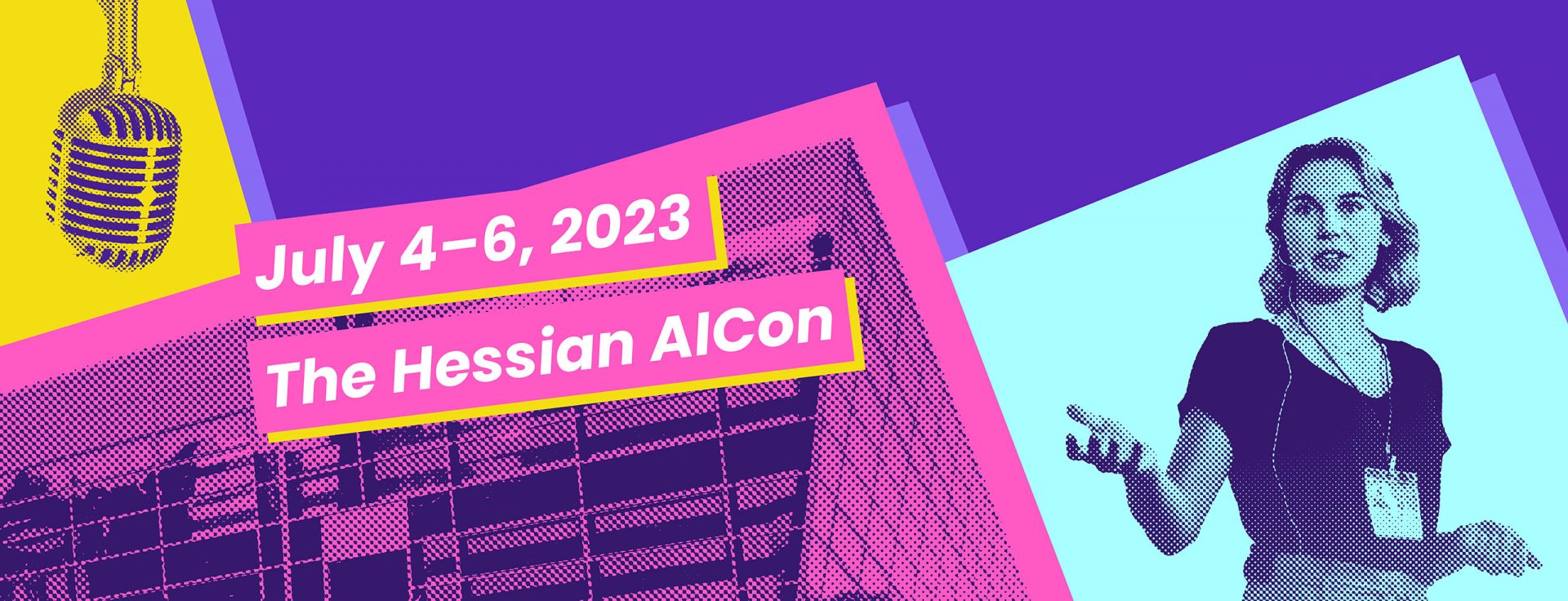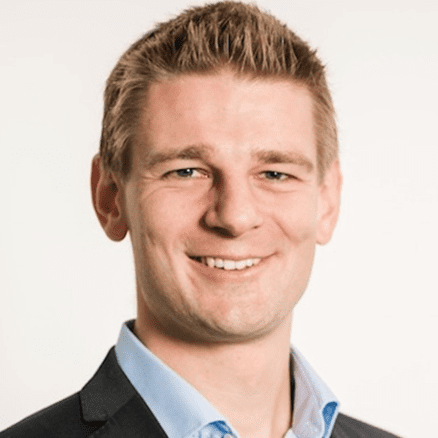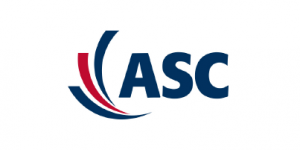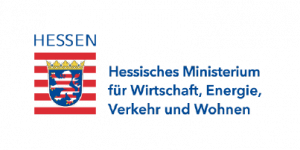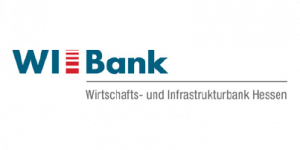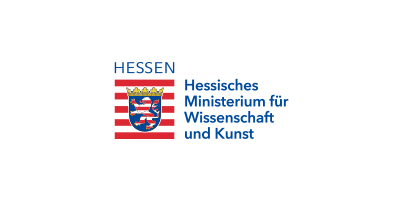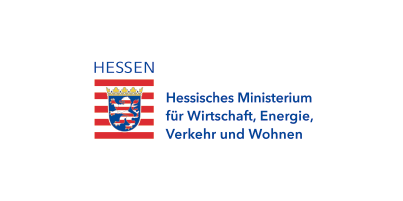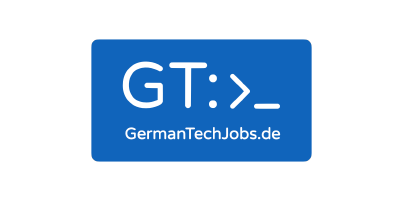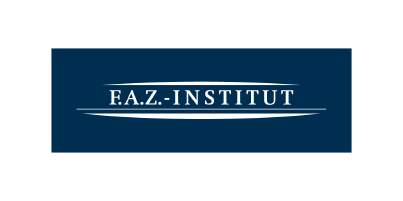In this presentation, I will discuss the present situation, from my perspective as an AI expert with a keen interest and some involvement in European AI policy, as well as possible futures for AI in Germany, Europe and beyond. Specifically, I will explain why a broad view of AI that encompasses learning, reasoning and other key concepts, is of crucial importance; why large language models, such as ChatGPT, will have transformative impact on AI and its applications, but are far removed from artificial general intelligence; and why the real risks we are currently facing are not associated with the emergence of machine super-intelligence and value alignment, but with technological dependency and the problematic use of relatively weak forms of AI. I will also discuss why AI is the future of science and engineering, and hence a crucial ingredient for meeting the grand challenges of our time, and how Europe, and Germany within it, can and should play a leading role in developing and applying the kind of AI systems that are needed in this context.
About the speaker
Holger H. Hoos holds an Alexander von Humboldt professorship in AI at RWTH Aachen University (Germany), as well as a professorship in machine learning at Universiteit Leiden (the Netherlands) and an adjunct professorship in computer science at the University of British Columbia (Canada). He is a Fellow of the Association of Computing Machinery (ACM), the Association for the Advancement of Artificial Intelligence (AAAI) and the European AI Association (EurAI), past president of the Canadian Association for Artificial Intelligence, former editor-in-chief of the Journal of Artificial Intelligence Research (JAIR) and chair of the board of CLAIRE, an organisation that seeks to strengthen European excellence in AI research and innovation (claire-ai.org).
Holger is known for his work on machine learning and optimisation methods for the automated design of high-performance algorithms and on stochastic local search, he has developed – and vigorously pursues – the paradigm of programming by optimisation (PbO); he is also one of the originators of the concept of automated machine learning (AutoML). Holger has a penchant for work at the boundaries between computing science and other disciplines, and much of his work is inspired by real-world applications.

